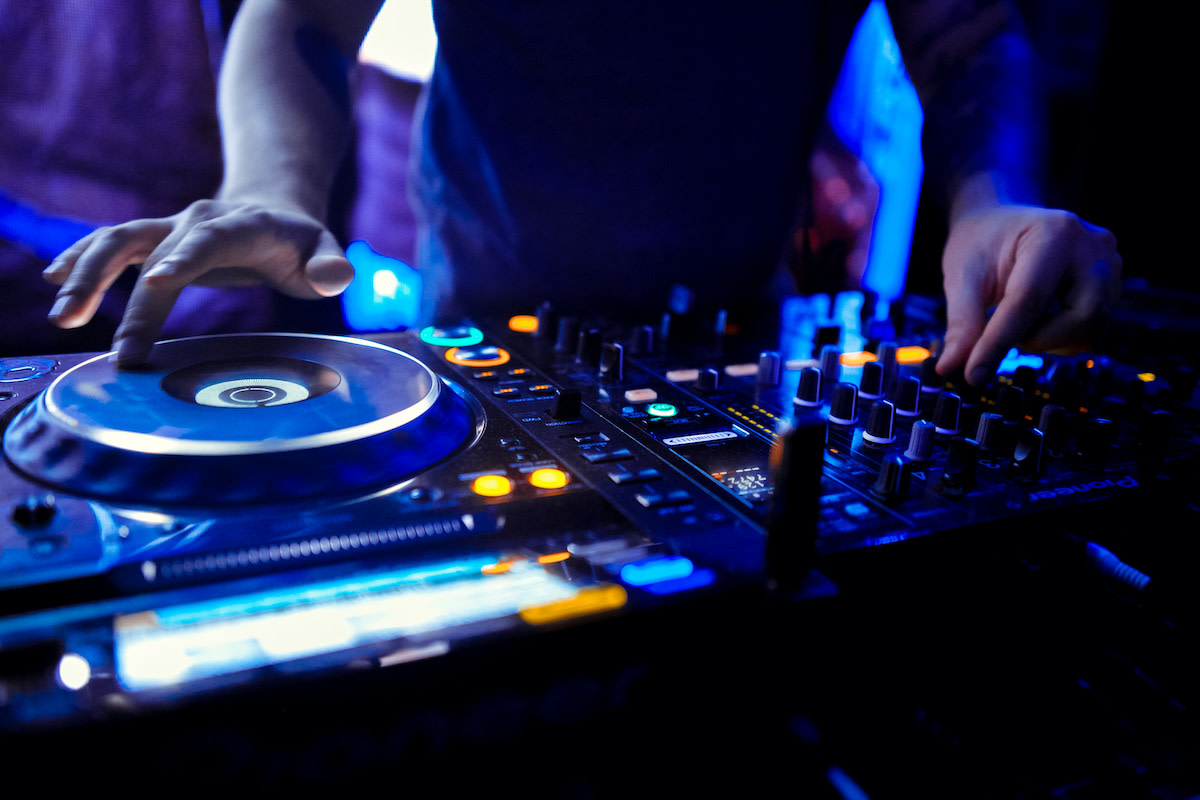How to Become a DJ: 6 Types of DJs
Written by MasterClass
Last updated: Jun 16, 2021 • 4 min read
Breaking into DJ-ing requires the right equipment, a vast knowledge of music, hard work, and persistence.
Learn From the Best
What Is a DJ?
A DJ is a person who plays pre-recorded music for audiences. The term DJ comes from “disc jockey,” which refers to the radio station hosts who would spin vinyl records on turntables. Many modern DJs still use turntables to play music, while others use digital DJ software that aids with playback, beat-matching, and crossfades.
Radio DJs still exist, but DJ-ing has expanded to house parties, dance music nightclubs, large festivals, and corporate events. Some of today's best DJs exist primarily in the realm of the internet, creating playlists for DJ-focused streaming services.
DJ vs. Producer: What’s the Difference?
In the world of music, the terms "DJ" and "producer" have multiple meanings. In the world of DJ-ing specifically, the terms have a clear distinction.
- DJ: A DJ is anyone who plays pre-recorded music for an audience. Radio-style disc jockeys play finished songs by other artists. Some DJs are turntablists, who toggle between two vinyl records with a crossfader. Other DJs create their own music from recordings made by others; such people are often considered both DJs and producers.
- Producer: A music producer oversees the creation of a musical recording. For many decades of recording, this meant supervising performances by live musicians. Today, particularly in the realm of hip-hop and dance music production, a producer can also create new music by sampling pre-existing recordings. A DJ/producer is a type of DJ who creates original music.
6 Types of DJs
Many types of DJs exist in today's music industry, each with a particular skill set.
- 1. Radio DJ: Radio DJs have existed for as long as the radio medium has existed. They play finished songs using vinyl records, CDs, tapes, and digital files. The radio DJ format also applies to podcasts and streaming playlists.
- 2. Wedding DJ: A wedding DJ performs at a live wedding reception, playing tracks that lure guests to the dance floor. They often double as the MC (master of ceremonies) for the event.
- 3. Club DJ: Club DJs play at dance music nightclubs. Some double as promoters for events as well. Many club DJs get their start playing small bars or house parties.
- 4. Mobile DJ: A mobile DJ is a professional DJ who provides all of their own DJ equipment. This includes speakers, an amplifier, and lighting in addition to their DJ controller equipment.
- 5. DJ/producer: A DJ/producer creates their own music from existing recordings. They may play this music at live DJ gigs or they may stream their creations online. DJs who produce their own music can gain large fanbases in the world of EDM and house music.
- 6. Technical DJ: A technical DJ builds a following by being a strong turntablist able to spin records and ride faders with virtuosic skill. Such DJs come from the early hip-hop tradition that arose in New York City in the late 1970s and 1980s. The concept of technical DJ-ing has since spread worldwide.
How to Become a DJ
Succeeding as a DJ requires a mixture of hard work, persistence, the right equipment, and a vast musical library.
- 1. Get the right physical equipment. To hone their craft, beginner DJs first need the right physical hardware. This can include laptop computers, a turntable deck (the Pioneer CDJ is an industry-standard model), a DJ mixer or DJ controller (the Native Instruments Traktor Kontrol S4 is a popular model), speakers, and an XLR speaker cable. Some, but not all, DJs also use microphones for MC-ing.
- 2. Learn how to use the proper software. A modern DJ setup includes a number of software applications. Popular programs include Ableton Live, Virtual DJ, Rekordbox, Native Instruments Traktor, and Serato DJ Pro. Getting comfortable with these programs will set you up for success as a DJ.
- 3. Amass a large music library. You can build a music library through physical media like records and CDs or from digital media on a computer. You can also use a digital vinyl system that lets you toggle between analog vinyl and digital files. If you go the digital route, look into libraries like Beatport, SoundCloud, and Traxsource.
- 4. Refine your raw skills. DJ skills include operating turntables, equalization (EQing), mastering mixing software, and learning how to beatmatch (where you line up the BPM, or beats per minute, of different tracks). As a new DJ, it’s essential you take the time to refine these skills.
- 5. Expand your industry connections. Successful DJs have the right connections. Whenever possible, get to know club owners or wedding planners who need high-quality DJs. If you have friends in the industry who can provide an intro, don't hesitate to ask for help. As with all professions, knowing the right people goes a long way toward building a successful career.
- 6. Build a brand. DJ-ing is more popular than ever, which means you must distinguish yourself to gain an edge on the competition. You may need to make business cards, develop a social media audience, and network in online forums to build your DJ brand. Make free mixtapes to get the word out about your personal skills. Pound the pavement now so you can reap the rewards later.
Want to Learn More About Music?
Become a better musician with the MasterClass Annual Membership. Gain access to exclusive video lessons taught by the world’s best, including Questlove, St. Vincent, Sheila E., Timbaland, Itzhak Perlman, Herbie Hancock, Tom Morello, and more.
